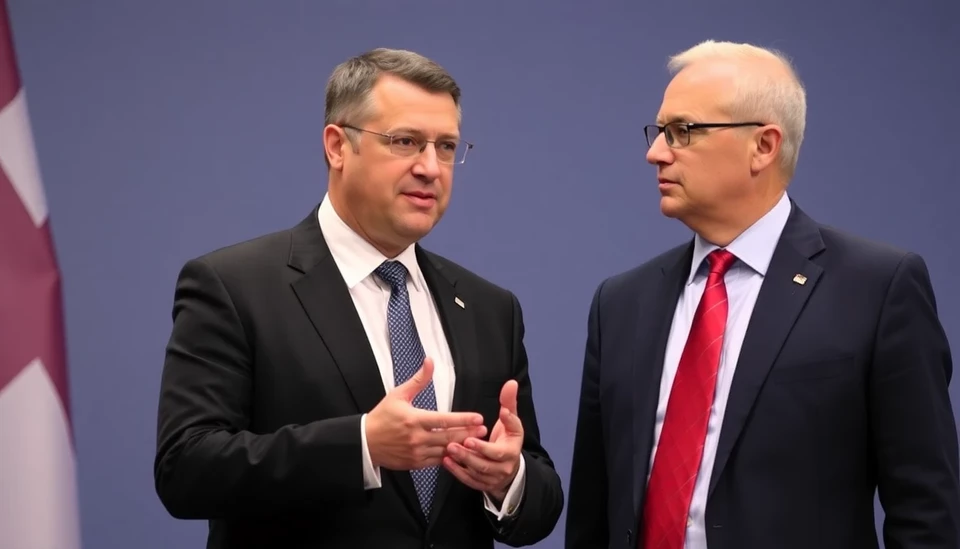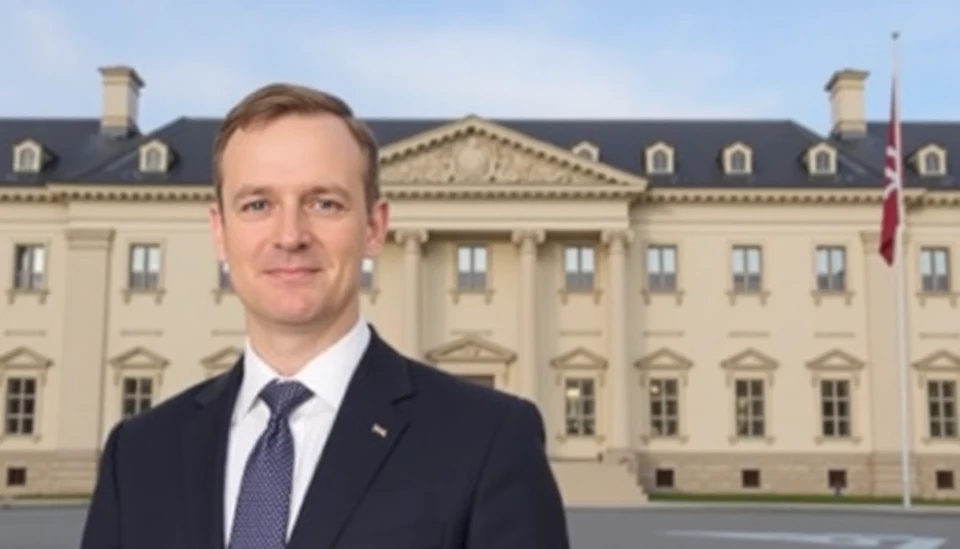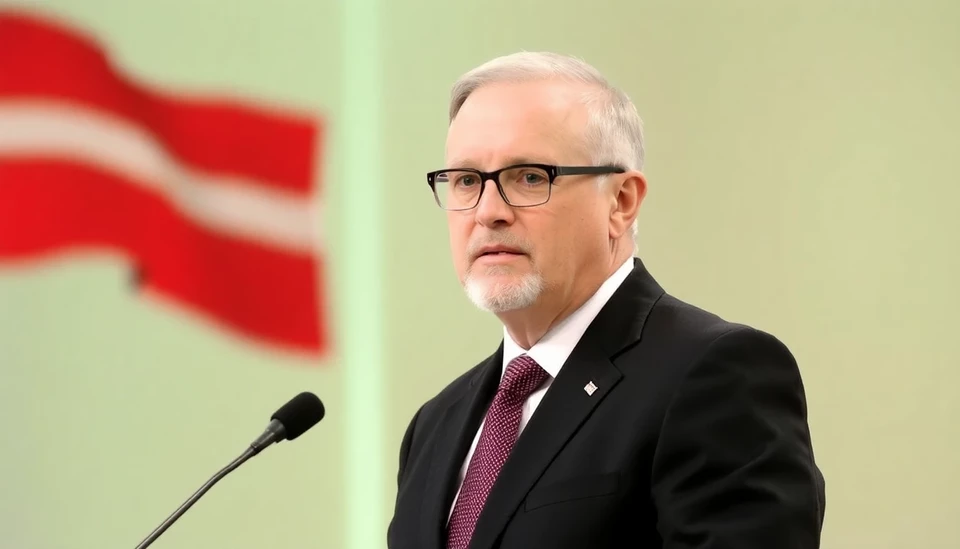
The European Central Bank (ECB) has entered a crucial phase regarding the future leadership of Latvia’s central bank, as current Governor Mārtiņš Kazaks finds himself amid intense competition for reappointment. With two notable challengers stepping into the fray, the landscape for the governance of Latvia's monetary policy is about to be significantly reshaped.
Kazaks, who has been at the helm of the Bank of Latvia since 2019, is pursuing a second term. He holds a reputation for his balanced approach, balancing economic growth with the necessary measures to combat inflation. However, his tenure has not been without controversies, particularly regarding the economic ramifications of various ECB policies during a tumultuous period exacerbated by the pandemic and the ongoing war in Ukraine.
The two challengers vying for the governor position are Elīn Mūrniece, a member of the Latvian parliament, and Ieva Ilves, a prominent economist with a wealth of experience in fiscal policy. Their candidacies signal a potential shift in the direction of the central bank, as both offer unique visions for Latvia’s economic future.
Mūrniece's platform emphasizes the need for a more consumer-oriented monetary policy, aiming to promote fiscal measures that directly benefit the Latvian populace. With a background in political strategy, her entry into the race adds a layer of political savvy, which could sway public and private opinions towards a more expansive economic approach.
On the other hand, Ilves comes equipped with deep-rooted expertise in economics, particularly in sustainable development and international finance. Her approach focuses on fiscal responsibility, advocating for policies that align with broader European Union goals, such as climate awareness and long-term economic stability. Her professional background at international financial institutions lends her a credibility that may resonate well with ECB officials.
The competition comes within the context of broader economic recovery plans across the European Union, as central banks navigate inflationary pressures that have affected member states differently. The outcome of this selection process is vital, not just for Latvia, but for the overall strategy of the ECB in stabilizing the Eurozone economy.
As the government prepares to announce the new governor, discussions are intensifying within financial circles regarding the potential impacts these candidates may have on Latvia’s monetary policies. Although Kazaks remains the status quo candidate due to his incumbency, the divergent perspectives brought by Mūrniece and Ilves offer distinct choices for the future leadership of the central bank.
This development in Latvia's financial sphere is attracting attention from both local and international observers, all eager to understand how the leadership change—or potential continuation—will impact the nation’s economic trajectory amid a complex global environment.
#Latvia #CentralBank #MārtiņšKazaks #ElīnMūrniece #IevaIlves #ECB #Economics #MonetaryPolicy #FinancialNews #Leadership
Author: Daniel Foster


